City 40 (2016) Online
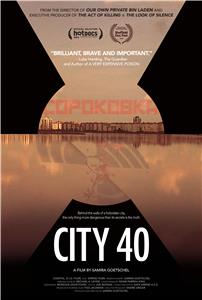
Deep in Russia, there is an invisible city that houses thousands of men, women and children who live and work behind double barbed-wire fences monitored by armed guards. They are told that they are the creators of the nuclear shield and saviors of the world. They are told that everyone is an enemy. In this hidden world, a mother risks her life to take us inside Russia's largest nuclear city.
| Credited cast: | |||
| Lavrenti Beria | - | Himself (archive footage) | |
| Viktor Fetisov | - | Himself - (Director of Mayak Nuclear Plant) (archive footage) | |
| Mikhail Gorbachev | - | Himself (archive footage) | |
| Sergei Kirillov | - | Himself - (Local Journalist) | |
| Igor Kurchatov | - | Himself (archive footage) | |
| Nadezhda Kutepova | - | Herself (human rights lawyer) | |
| Gregory Kuznetsov | - | Himself - (Journalist) | |
| Vladimir Kuznetsov | - | Himself - (member of Russian Atomic Energy Corporation) | |
| Alexander Litvinenko | - | Himself (archive footage) | |
| Natalia Manzurova | - | Herself (Nuclear scientist) | |
| Vladimir Putin | - | Himself (archive footage) | |
| Joseph Stalin | - | Himself (archive footage) | |
| Galina Vasilievna | - | Herself - (Nadezhda's Assistant) | |
| Boris Yeltsin | - | Himself (archive footage) |
There are a series of intertitles throughout the film which read:
- To keep their location hidden from the enemy, Mayak and City 40 were not placed on any map.
- "Plutonium Lake" feeds into the Techa River, which is the region's main water source and one of the most contaminated places on Earth.
- Half a million people living in the Ozersk region have been exposed to five times the amount of radiation as those affected by Chernobyl.
- After the dissolution of the Soviet Union, Russia's secret cities were suddenly recognized as places on the map.
- Mayak stores an estimated 50 tons of weapons-grade plutonium and 38 tons of highly enriched uranium.
- Since her last interview, Nadezhda Kutepova was interrogated by the Russian secret police under their "foreign agent" law.
A number of people featured are not identified for reasons of personal safety. There is a relocated man, a 'chocolate factory' worker & a woman with many dead relatives who are all interviewed anonymously in 2004 archival footage. There is also a male resident with his face blurred, a male nuclear scientist who never faces the camera and four different clients (three women and one man) who all remain anonymous.



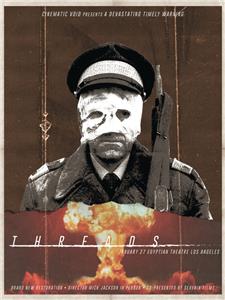
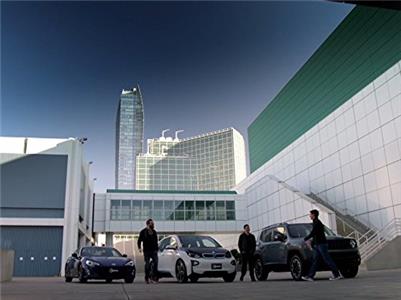
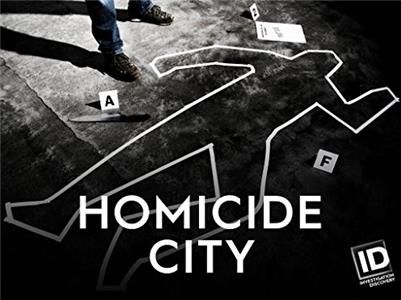
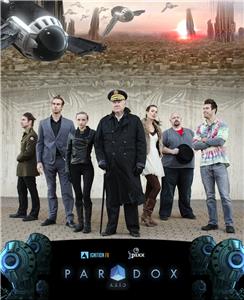
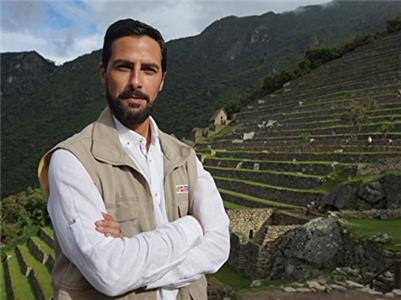

User reviews